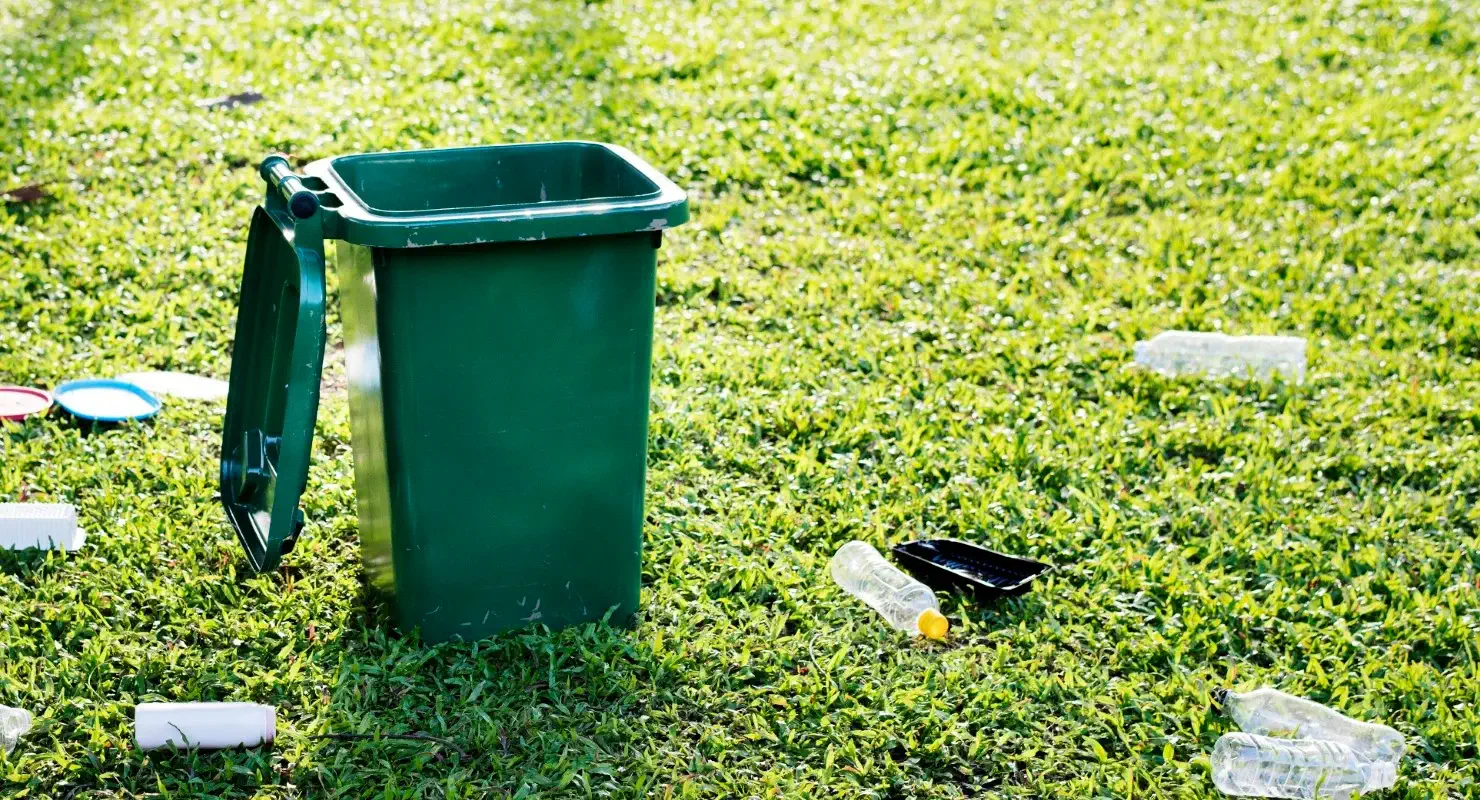
Avoiding Food Waste When Moving
A prevelant and top-of-mind issue in today's world is the environment. We're all being encouraged, rightfully so, to do what we can to help save the planet and reduce our greenhouse gasses and impact on the environment. Food waste is a huge contributor to climate change, so by following our guide written here, you can do your bit for the environment and even save a bit of money on the way!
Make a start by tracking the contents of your fridge, freezer, kitchen cupboards and pantry early on in the moving process. Get rid of anything you may find hiding at the back that doesn't appear to be edible and anything you don't want can be given away or donated to those who perhaps need it more than you do. Plan your meals and use up what you have at home in the cupboards, frige, freezer or pantry and when making shopping lists and doing the usual supermarket run, only buy what you absolutely need.
As it gets closer to the day of your removal, again take a look at what you have and step up attempts to use everything before your removal. Cupboard items like tins and jars can easily be moved if they aren't open. When packing, take care not to make these boxes too heavy and use tea towels or newspaper inbetween tins and jars to prevent breakages or to fill up boxes and stop things from moving about. If you do end up with part-used things or open packets and such, seal them with packing tape if possible or throw them away if needs must. If possible, pack any part-sealed things in plastic tubs to prevent spillages and avoid to the spoiling of your other possessions.
It must be said that perishibles do not move well when moved long distances. Try to use up fruits and vegetables before movoing day as well as any dairy products and other things that need to be kept cold. Make a shopping list of what you need only, and stick to it, in the run up to your removal. Be sure to have some snacks on you on the big day though, as it is important to keep your energy levels up!
Freezers must be both empty and dry on moving day. Make a note to defrost your freezer at least a couple of days before you move. As before with your cupboards, monitor what is in your freezer early on in the whole process and as you approach moving day, start running the contents down. Yes you might have had to eat some bizarre meals in the days leading up to your move, but at least the food won't have gone to waste. If you still do have frozen food items that you haven't used before moving day, it couldn't hurt to ask a friend or family member to put items in their freezer temporarily. If you are not moving far at all, you might be able to get away with utilising cool boxes and bags to preseve your food - however bear in mind that some freezers need to be left to stand after being movoed before being switched back on.
Food items should not be put in storage as this can attract rodents and the food can deteriorate as well. If you need to store belongings between moves or whilst away, look at reducing your food stocks right down to the bare minimum and anything not used could kindly be given to friends or family or donated to charities and food banks.
Wanting a blog post with a focus on moving with sustainability in mind? Feel free to visit here to learn about the best way of doing things!
For guidance on how to manage your food at short notice when relocating, take a look at our blog post all about the subject here!

